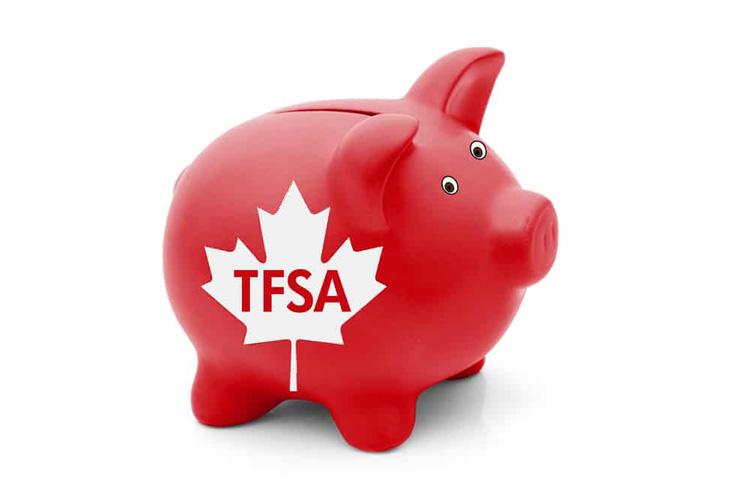
Tax-Free Savings Accounts (TFSAs) have become a popular savings vehicle. While millions of Canadians have opened a TFSA, many are still making mistakes or missing opportunities that are costing them money.
As a recap, a TFSA is a flexible, general purpose savings vehicle that allows individuals to make contributions each year and to withdraw funds at any time in the future. A TFSA provides a powerful incentive to save by allowing the investment growth to accumulate each year and be withdrawn tax-free. However, unlike a Registered Retirement Savings Plan (RRSP), investors cannot claim a tax deduction for contributions made to their TFSA and withdrawals are added back to their contribution room for the following year.
WITHDRAWAL OR TRANSFER?
An individual can transfer from one TFSA to another provided the funds go directly to the new plan without having been paid to them first. If the funds are paid to the investor first, it will be considered a withdrawal and their TFSA room for the withdrawal amount will not be reinstated until the next calendar year. Recontributing to a TFSA in the same year as the withdrawal may result in an overcontribution and the investor could be subject to a penalty fee. The Income Tax Act (Canada) imposes a penalty of one per cent per month on the highest excess contribution amount at any time during the month. The excess amount can be withdrawn to eliminate the penalty tax for subsequent months.
SPOUSE AS BENEFICIARY OR SUCCESSOR HOLDER?
If a spouse is named as the beneficiary of the TFSA, an amount up to the value of the TFSA at the time of death can be contributed to his or her TFSA without affecting his or her TFSA contribution room if the contribution is made before the end of the year following the year of death and is designated as an exempt contribution. However, any income earned between the date of death and the contribution will be taxable to the spouse.
It's often recommended that, where permitted, the holder names their spouse as successor holder instead of as beneficiary. On the holder's death, his or her spouse will automatically become the new holder of the TFSA. The TFSA continues to exist and both its value at the date of death and any income earned after that date continue to be sheltered from tax under the new successor holder.
In addition, naming a spouse as successor holder avoids the administration and filing requirements necessary to preserve the tax-free status of the TFSA funds when a spouse is named as beneficiary.
Call us today to discuss your future goals. Our "Goal Based Investing" approach allows us to build portfolios specific to your goals.
Click here to read the full article published by Manulife.








